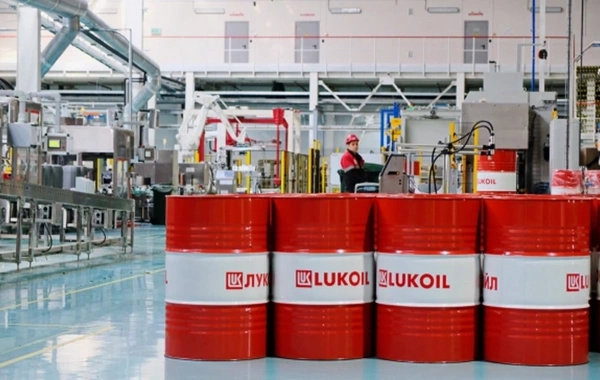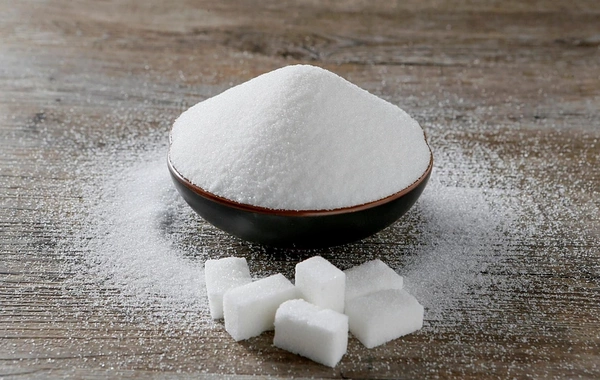Scientists have determined when cancer chemotherapy is dangerous for the heart

People with elevated levels of inosine and hypoxanthine compounds in the blood have an increased risk of dangerous heart damage during cancer chemotherapy. This is the conclusion reached by scientists from the University of Alberta. The results are published in the journal Nature Communications (NatCom).
Cardiotoxicity is one of the most dangerous complications of anticancer treatment. Some chemotherapeutic drugs, while destroying tumor cells, simultaneously damage the heart, which can lead to heart failure and forced cessation of therapy.
"Our goal is to develop a blood test that will allow us to determine in advance who has an increased risk of cardiotoxicity, and to choose safer treatment," explained study leader Gopinath Sutendra.
The team studied blood samples from 22 breast cancer patients who participated in the MANTICORE clinical trial. It was dedicated to the side effects of anthracyclines and taxanes - two classes of chemotherapy drugs that often cause cardiac complications. Comparison of analyses before, during, and after treatment showed that patients with elevated levels of inosine and hypoxanthine more often exhibited signs of heart damage.
To understand why these compounds are associated with cardiotoxicity, scientists conducted experiments on animals. They found that the tumor releases signaling molecules that increase the concentration of inosine and hypoxanthine in the blood. These substances affect the heart muscle, weakening cell protection: DNA becomes less stable and vulnerable to the toxic effects of chemotherapy drugs.
Currently, Sutendra's team is working on creating a drug capable of blocking the synthesis of inosine and hypoxanthine. This approach could simultaneously protect the heart and slow down cancer development.
Similar News
Why do we choose those who don't choose us: psychologists explain
This is one of the most painful and mysterious paradoxes of human feelings - we often fall in love with those who do not reciprocate our feelings. Reason says:...




 Azərbaycanca
Azərbaycanca  По-русски
По-русски  English
English 






